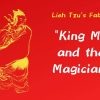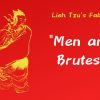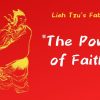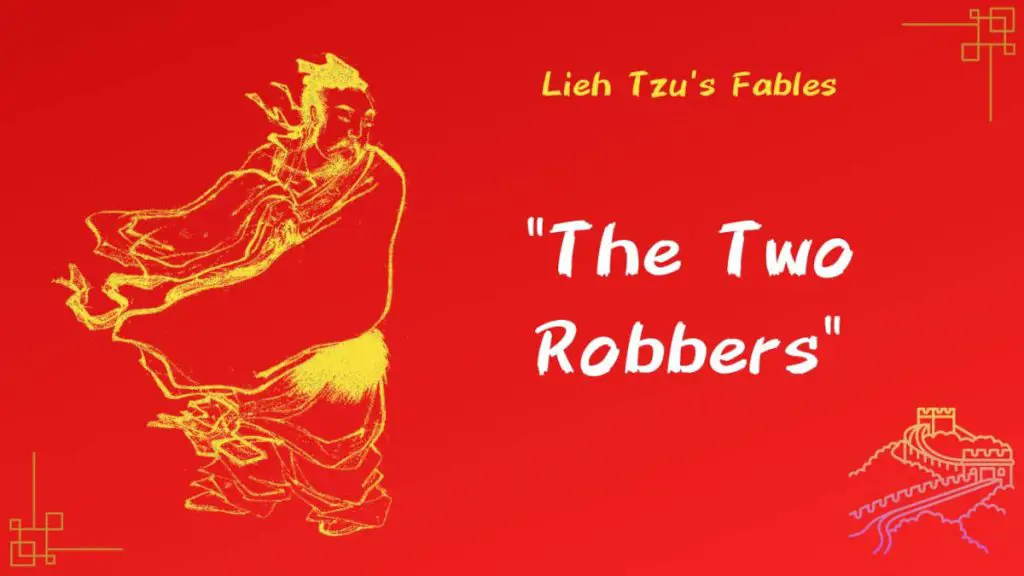
In the realm of ancient Chinese philosophy, wisdom flowed like a serene river, carried by the teachings of great minds such as Lieh Tzu, a devoted disciple of Lao Tzu. Among Lieh Tzu’s profound parables, the fable of “The Two Robbers” stands as a timeless lesson about the art of perception and the profound insight it bestows.
In this fable, the pursuit of prosperity takes an unexpected twist, leading two men on contrasting paths that reveal the essence of genuine wealth. This fable comes from Henry Balfour’s book “Leaves From My Chinese Scrapbook.” (1887). If you wish to read it, you will find a link at the end of this article.
The Fable of “The Two Robbers”
In the State of Ch’i, a man named Kuo was very wealthy, and in the State of Sung, a man named Hsiang was very poor. Mr. Hsiang traveled from Sung to Ch’i one day to ask Mr. Kuo what secret he had for earning fortune; Mr. Kuo said, “The fact is, I am an extremely clever robber.” I had enough to eat after a year of robbery; after two years, I was in comfortable circumstances; after three years, I was prosperous; and from that time until this, I provided charity to all the people in my region.”
Mr. Hsiang was thrilled. He knew what robbery was, but not the concept of robbery that was being discussed. So, he began climbing over walls and breaking into buildings, and nothing that his hand could reach or his eye could perceive escaped his grasp; nevertheless, the stolen things soon led to the uncovering of his crimes, and he lost even the property he had once owned.
Then, Hsiang started to think that Mr. Kuo had badly misled him, so he went to him and shouted at him. “How did you act like the robber?” asked Mr. Kuo. So Hsiang revealed all he had been up to.
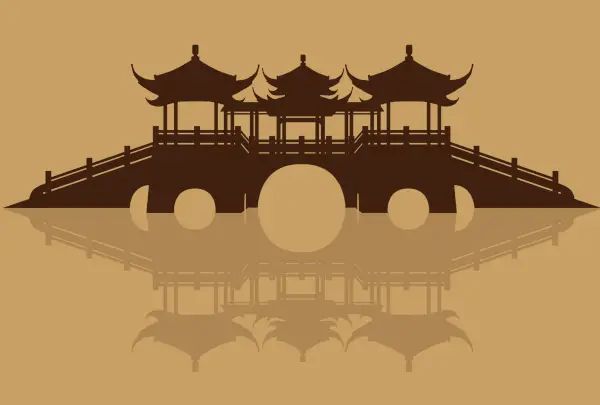
“What?” said Kuo, “have you truly missed the true idea of robbery to this extent?” Let me now explain that idea to you. You know how Heaven has seasons and Earth has harvest; well, that’s what I steal. I use the moistening and fertilizing effects of the clouds and rain, as well as the productive and nurturing effects of the mountain and the marsh, to make my corn grow and my crops ripen, to build my houses and make my walls. I hunt birds and animals on land, and fish and turtles in the water. All of this is robbery because Heaven made the corn, crops, land, trees, birds, animals, fish, and turtles. How can they be mine? However, by stealing Heaven in this manner, I incur no repercussions. But gold, jewels, valuable stones, food, silky fabrics, wealth, and property come from people, not from Heaven. If you steal such goods and suffer for it, who have you to blame except yourself, pray?”
Hsiang was quite perplexed by this and believed Kuo was simply pulling another joke on him, so he went to talk to a wise man by the name of Tung Kuo about it. However, Tung Kuo made clear to him that even his body was philosophically taken from the influences of Nature; that Kuo had merely plundered or used that which was the common property of all; and that while his principle of robbery was just and deserved no punishment, that of Hsiang was selfish and resulted in his conviction as a criminal.
Do you enjoy Chinese fables? Click here for more – Opens in new tab.
Conclusion
Lieh Tzu’s parable contains a vital lesson about the nature of wealth and the pathways we take in search of it. True abundance, according to Kuo’s knowledge, stems from aligning with the natural order, comprehending the interdependence of life, and utilizing nature’s generosity for the benefit of everyone.
Contrarily, Hsiang’s misunderstanding of Kuo’s message warns against egotistical and narrow-minded attempts that destroy harmony, emphasizing the foolishness of stealing from others without considering the welfare of the whole. Thus, the parable advises us to seek riches via harmony with the natural world, rather than self-serving accumulation.
You can click and download Henry Balfour’s book “Leaves From My Chinese Scrapbook” (1887) or visit our free Chinese culture library to find it among many more books.
Stay in Touch
 Join our newsletter by using the forms on this website or click here!
Join our newsletter by using the forms on this website or click here! Follow us on Google News
Follow us on Google News Follow us on Facebook
Follow us on Facebook

